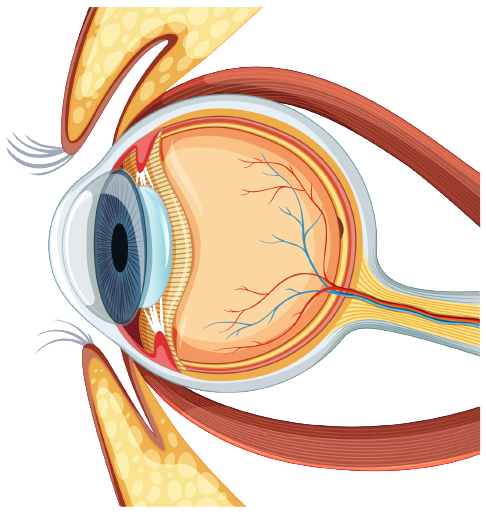PRK
If you’re seeking a reliable solution for vision correction without glasses or contact lenses, PRK might be the right choice for you. Our team of dedicated eye care experts is here to guide you through this transformative procedure.
Understanding PRK
PRK, or “Photorefractive Keratectomy,” is an advanced surgical technique designed to correct common vision problems, including nearsightedness (myopia), farsightedness (hyperopia), and astigmatism. PRK is known for its effectiveness in providing patients with clearer vision and reduced reliance on corrective eyewear.
Other Procedures
Welcome to Global LASIK Laser Center
Monday – Sunday: 9.30am – 7.00pm.
How do I prepare for Photorefractive Keratectomy (PRK) surgery?
Before your PRK surgery, you will have a consultation with a healthcare provider who will guide you through the entire process. During this session, they will discuss what you can anticipate before, during, and after the surgery. They will also evaluate your medical history and conduct various eye tests to assess.
The Procedure
PRK is a straightforward outpatient surgery that typically takes just a short time to complete. Here’s what you can expect during the PRK procedure
1. Consultation
Your PRK journey begins with a comprehensive eye examination to determine your suitability for the procedure. We’ll discuss your visual goals and address any questions you may have.
2. Anesthesia
Numbing eye drops are applied to ensure you remain comfortable throughout the surgery.

5. Quick Recovery
PRK boasts a quick recovery time, allowing you to return to most of your daily activities within a short period.
3. Corneal Reshaping
A precise laser is used to reshape the cornea, correcting your refractive errors. This step is quick and virtually painless.
4. Visual Improvement
Many PRK patients notice improved vision shortly after the procedure, with full results becoming apparent within a few days.
What should I expect after the Photorefractive Keratectomy procedure?
After undergoing PRK, there are a few important things you should keep in mind
1
Rest and Relaxation : It’s crucial to give your eyes some well-deserved rest after the procedure. Take it easy and avoid engaging in physical activities as recommended by your surgeon.
2
Time Off : If necessary, consider taking a few days off from work to allow your eyes to recover fully.
3
Managing Discomfort : It’s common to experience some eye pain for a couple of days following the PRK procedure. To alleviate any discomfort, you can take over-the-counter pain relievers or use prescription eye drop pain relievers as instructed by your doctor. Additionally, your doctor may prescribe other medications to aid in the healing process.
4
Eye Protection : To prevent any potential scarring on your corneas, it’s essential to wear sunglasses outdoors for the recommended duration provided by your surgeon.
5
Patience with Visual Recovery : Your vision will gradually improve over time, typically within three to five days. However, it’s important to note that your vision may be blurry during the initial recovery period. It may take a month or longer before you experience significant improvements in your vision.
By following these steps and allowing yourself proper time for recovery, you can enhance the healing process and optimize your visual outcomes after PRK.

